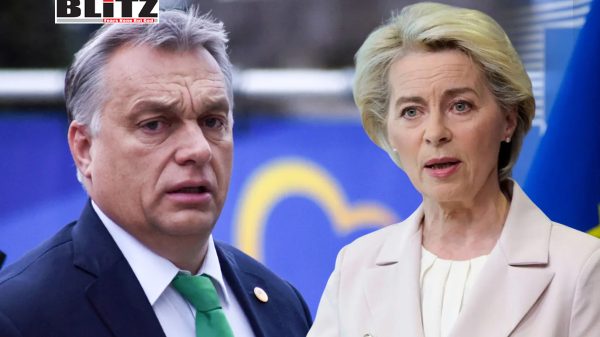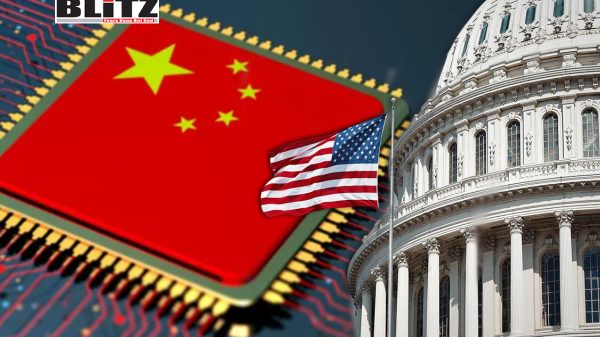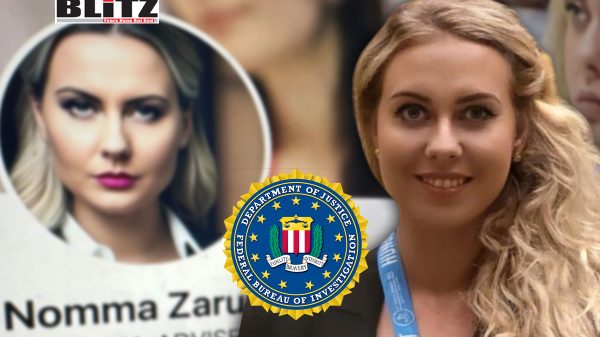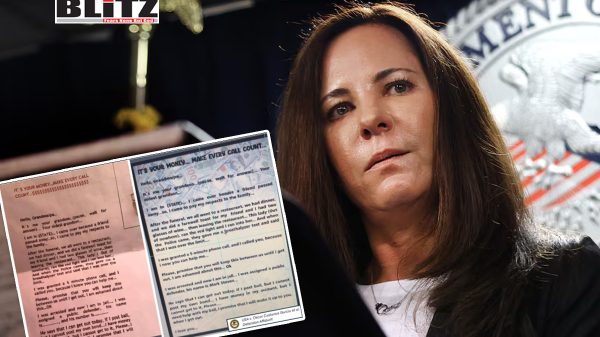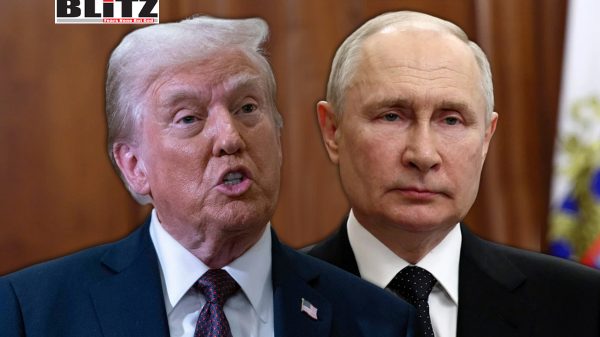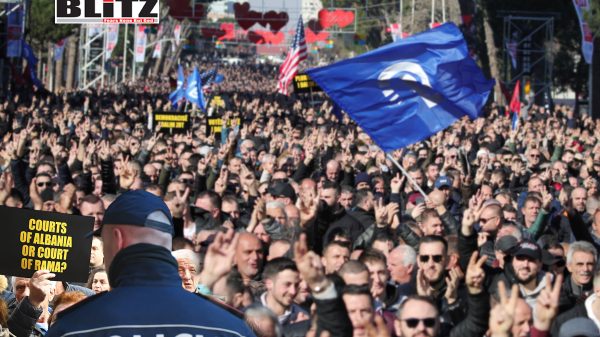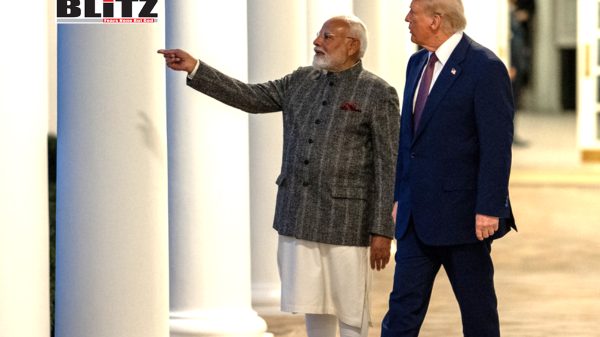Ukraine prepares war crimes case over abduction of orphans to Russia
- Update Time : Thursday, August 14, 2025
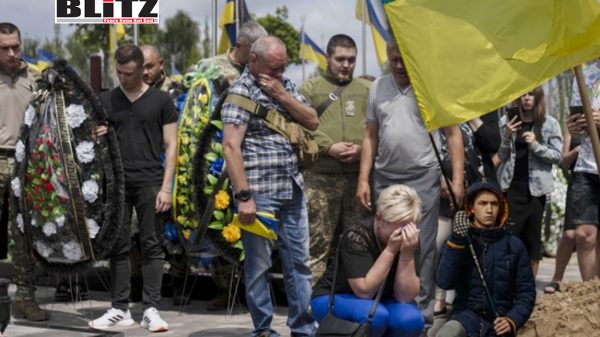
Ukrainian prosecutors have moved forward with a war crimes case against three individuals accused of orchestrating the forced deportation of 15 children from an orphanage in Russian-occupied Mykolaiv to Russian territory in 2022. The case, which Kyiv says is emblematic of Moscow’s systematic removal of Ukrainian minors, is being prepared for both national and international courts.
According to investigators, the children – aged between 10 and 17 – were residents of the Novopetrivka Special School, a state-run facility for orphans and children without parental care. Russian troops entered Novopetrivka on March 24, 2022, during the early months of the full-scale invasion, and soon began visiting the school repeatedly, counting and monitoring the children.
By July 2022, the school’s director attempted to arrange for the children’s transfer to Ukrainian-controlled territory, hoping to spare them from the tightening grip of occupation authorities. The plan, however, was uncovered by armed Russian troops. Investigators say the director was interrogated and the school building was placed under guard, cutting off any further attempts to evacuate the children.
The next day, around 20 armed soldiers arrived, forcibly removing the children, along with the director and her husband, and transporting them to Stepanyvka in the occupied Kherson region. There, they were detained for three months. The village became a holding point before their eventual transfer deeper into Russian-controlled territory.
Prosecutors allege that in October 2022, two local collaborators coordinated the children’s onward journey. From Stepanyvka, the group was taken to Kherson’s river port, then by boat to Oleshky. From there, they boarded a bus to Armyansk in occupied Crimea, before being transported to Dzhankoy railway station.
Investigators have documented that at Dzhankoy, the children were placed in a separate train car and sent to the Russian city of Anapa in Krasnodar region. Their final destination was the “Zhemchuzhina Rossii” (“Pearl of Russia”) health camp – a facility prosecutors say has been used to indoctrinate Ukrainian minors into supporting Russian imperial policies.
CCTV footage from Stepanyvka shows armed men escorting the children. One unmasked man was identified by investigative outlet Slidstvo.Info as Georgiy Tambovtsev, the Russian-installed deputy minister of youth and sports in occupied Kherson. Prosecutors have also named Yevheniya Chernyshova, the rector of the occupied Kherson State Agrarian and Economic University, and Aleksandr Kibkalo, the camp’s director, as suspects.
The indictment states that the children were subjected to cultural repression and propaganda during their time in Russian custody. They were banned from speaking Ukrainian or displaying Ukrainian national symbols, required to sing the Russian national anthem, and compelled to participate in pro-Russian events.
Prosecutors stressed that there was no humanitarian or medical justification for the children’s removal from Novopetrivka. At the time of the abduction, the facility had stable shelter, sufficient food, available medical supplies, and safe living conditions.
The charges fall under Article 438 of Ukraine’s Criminal Code, which addresses violations of the laws and customs of war. Ukrainian authorities have added the named suspects to domestic sanctions lists, filed the case in a Ukrainian court, and announced plans to share evidence with international judicial bodies – potentially including the International Criminal Court (ICC).
While most children abducted in such operations remain out of reach, the 15 taken from Novopetrivka were ultimately freed. Volunteers managed to evacuate them from Anapa to Georgia, enabling their relocation to safe countries abroad.
One of the children, 16-year-old Yulia, was reunited with her adoptive mother, US citizen Bethany White, in a rare and emotional homecoming. The case has drawn international attention not only because all of the children survived and were rescued, but also because it provides a documented chain of events and named perpetrators – something often missing in similar deportation cases.
Ukraine’s Children’s Ombudsman Mykola Kuleba said the Novopetrivka case is just one instance in a much broader Russian campaign targeting Ukrainian minors. Kyiv estimates that more than 19,000 Ukrainian children remain in Russian-controlled areas or have been deported to Russia since the invasion began in 2022.
“These children are being raised to forget their homeland, their language, and their culture,” Kuleba warned. “Occupation authorities have even created an online database where you can search for abducted children by eye color and hair color – as if they were commodities.”
The practice has drawn condemnation from human rights organizations and international legal experts, many of whom argue that such mass transfers constitute a form of genocide under the 1948 Genocide Convention, which prohibits “forcibly transferring children of the group to another group.”
If the ICC accepts Ukraine’s evidence, the case could strengthen ongoing war crimes proceedings against Russian officials accused of orchestrating the deportations. In March 2023, the ICC issued arrest warrants for Russian President Vladimir Putin and Maria Lvova-Belova, Russia’s commissioner for children’s rights, for their alleged roles in the unlawful transfer of Ukrainian children.
Legal analysts note that the Novopetrivka case is particularly significant because it names not only high-level Russian officials but also regional collaborators and administrators – potentially expanding the scope of accountability.
For Ukraine, the case serves both as a bid for justice and as a message to the international community that the forced removal of children is not an abstract claim but a documented, ongoing crime with identifiable perpetrators and victims.
As the war continues, Ukrainian authorities say their work to locate and return abducted children will remain a priority – but each rescue is a race against time, as occupation forces seek to permanently erase the children’s Ukrainian identity.
Please follow Blitz on Google News Channel


